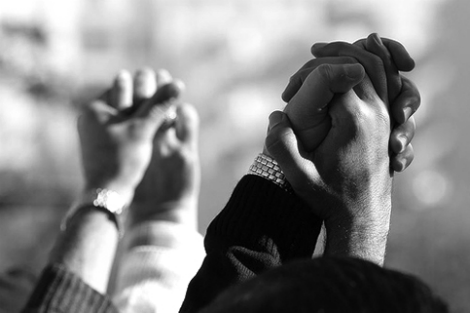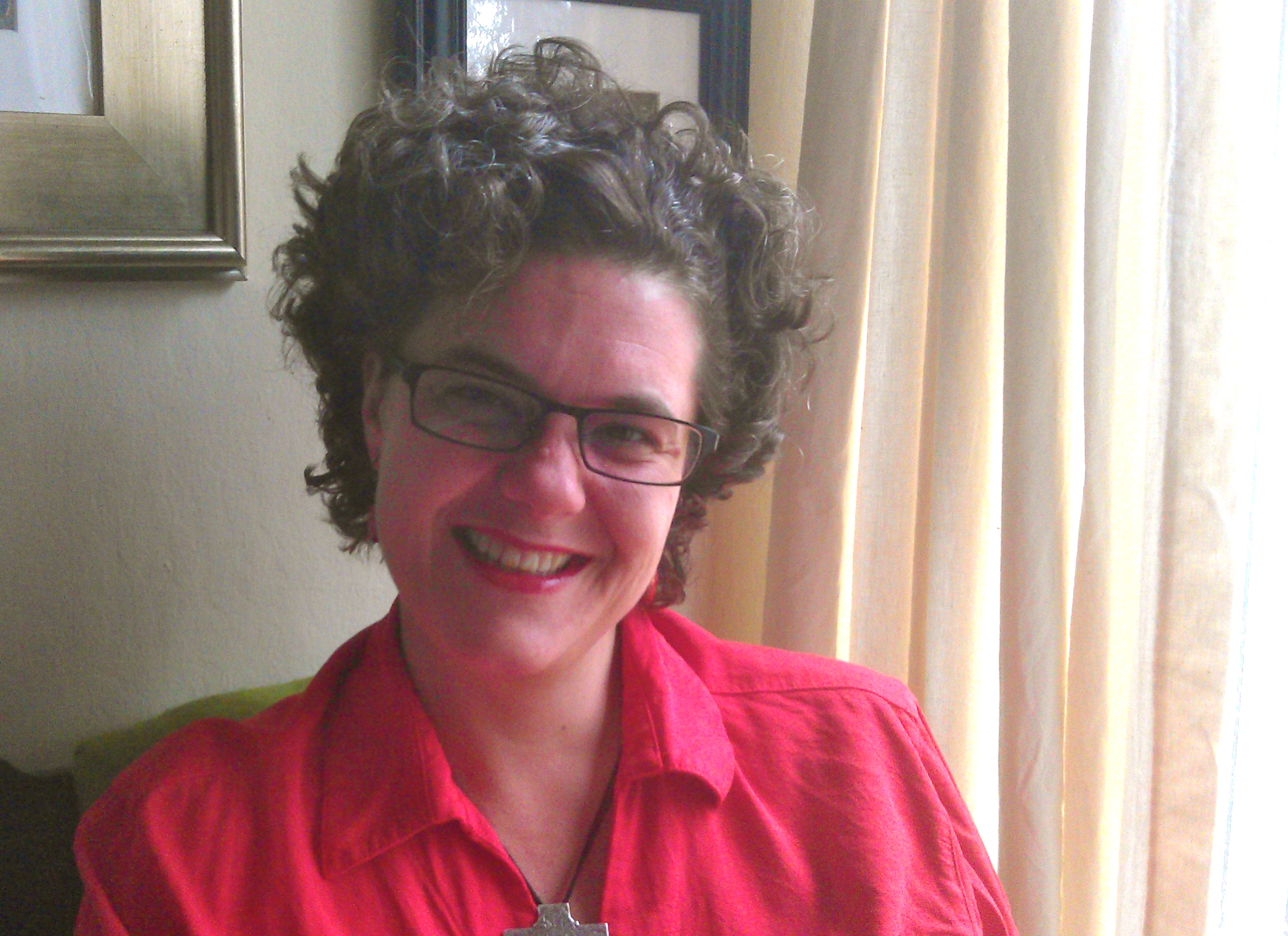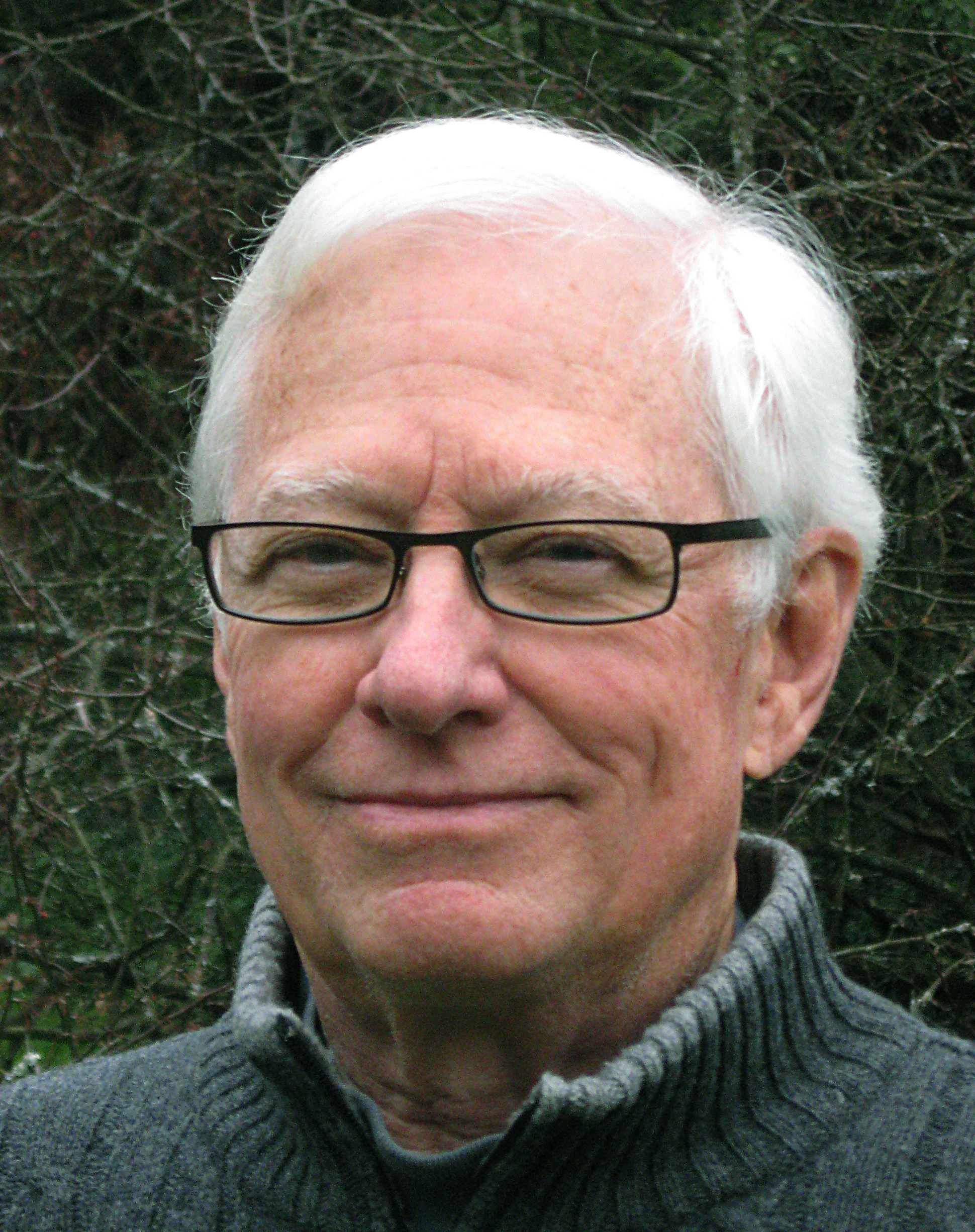How They Happen and Why They Work
Congregationally based religious environmental groups expand the notion of Christian community and ethical obligation. Formed through shared ethical and theological commitments, group participants transform their physical communities through religious environmental practice, while being transformed through their participation in a unique embodiment of contextual Christian faith. This article explores the role of ecclesiology and theological anthropology in forming and sustaining these unique communities. By Genny Rowley View and Print as PDF.
View and Print as PDF.

Whenever I attend a gathering of religious environmentalists, I am nearly always struck by the care and connection unfolding in the conversations around me. Finding people who share a passion for connecting their faith traditions or spirituality with environmental concerns remains a relatively difficult task, so there is often a sense of wonder in finding fellow travelers on the religious environmental road. Excited faces, animated discussions, and a sense of possibility are evident when individuals find their niche in religious community by joining together with the other “green sheep” of their faith families.
I should note at this point that religious environmental communities are not homogenous. There are several different kinds of religious environmental groups: interfaith community groups, congregationally based groups, and issue-focused groups are among the most visible. Some scholars find the organizational framework of ethics-based groups and issue-based groups to be a helpful locator for understanding environmental activism.[1] Issue-based groups tend to come together, as the name suggests, around a particular ecological concern (e.g., water contamination in a specific geographic location). Ethics-based groups are drawn to a particular cause through their value system; in the case of religious environmentalists, these values are often—though not always—connected to their religious beliefs.
While this is a helpful method for organizing types of environmental work, it is also provisional: values and issues are inseparably linked in human experience, constantly conversing with one another through life’s changing contexts. As a pastoral theologian, I am interested in studying the relationship between theological worldviews and religious environmental praxis, precisely because of my own questions around how and why people of faith begin to put their theological commitments into action. Thus, my research has focused on congregationally based religious environmental groups that formed through ethical commitments and are now putting particular theological values into practice.
Engaging congregationally based environmental groups raises some interesting questions about the nature of community, and about the kind of theo-ethical commitments that bring religious environmentalists together. The first set of questions falls into the category of ecclesiology: what kind of community ought we be in light of the Christian tradition? The second group centers on theological anthropology, or how we understand human beings as related to God and to one another.
Defining Christian community is a fraught endeavor; the diversity of how people have embodied the tradition over two thousand years of time and place provides a word of caution. In the context of this article, I focus less on the Church universally, and more on particular groups as they embody a local call to Christian community. In this way, I define church as dynamic, occurring as followers of the Christian tradition connect to be mutually formed by their various encounters with the life and ministry of Jesus, facilitating the practices of faith that signal such formation.
___________________________________________
While commitments are diverse and formed by context, I suspect that a dialogue between pressing contextual needs and the search for available moral language to address those needs fosters a shift in both belief and action.
___________________________________________
Providing a forum to engage deeply held theological and ethical commitments and to engage in practical activities of environmental care creates a rich sense of community identity, especially when these groups are structured around developing personal and communal narratives of why these shared commitments are important. Significantly, most religious environmental groups are fueled by laypersons, but with the encouragement and facilitation of clergy and denominational leaders. Reports from groups I interviewed suggest that this is an effective model of partnership, combining the passion and commitment of grassroots activism with clergy advocates familiar with the institutional complexities of the church.
What are the commitments that invite religious environmental praxis, often putting the practitioners slightly out of sync with mainstream Christianity? While these commitments are diverse and formed by context, I suspect that a dialogue between pressing contextual needs and the search for available moral language to address those needs fosters a needed shift in both belief and action. Theologically, this transformation centers in how human beings relate to each other, to God, and to the rest of creation, a theological discourse known as theological anthropology.
Much of Christian theological anthropology traditionally holds that humanity alone bears the imago dei, and as bearers of God’s image, we have pride of place in the hierarchy of life. Recent theological movements, in conversation with disciplines as diverse as feminist scholarship and evolutionary biology, sought theological interpretations of the imago dei emphasizing mutual love and relationality. A variety of theological interpretations invite us to view human beings as being participants with the whole community of creation, focusing on the immanence of God throughout the created world. This interconnected, relational theology creates an ethical pull to care for the entirety of creation, because the imago dei is the mutual, indwelling love that is present in all that God has made. For religious environmentalists, interpretations like this one help debunk the “myth of human exceptionalism” through the realization that the suffering befalling creation also befalls all who have been created. If the Christian tradition invites us toward active neighbor love, religious environmentalism invites us to broaden our understanding of neighbor to include the whole community of life that God created and blessed as “good.”
My own experience as a researcher and religious environmental activist suggests that there are multiple effective routes to fostering religious environmental praxis, but also that common threads within current groups may prove helpful for those seeking to start such a community. First, a community forum that recognizes care of creation as a need is vital, providing a clear call for reflection. Next, cultivating a core community who share passion and commitment for this issue fosters potential leadership and responsible action. Finally, awareness of specific needs that the community can actively address pushes these groups to become more than a monthly meeting. Local action issues are particularly powerful, giving public voice and recognition to the group’s identity.
To see these communities in action is to witness the transformative power of the Spirit at work in the world: through broadening the ethical call towards love and care, congregational groups are changing the very communities in which they live their lives. In the process, they are also being transformed themselves, being shaped through thoughtfully engaging their relationships with creation, with each other, and with God.
Read more articles like this one in the Nov 2012–Jan 2013 issue, “Hope for Eco-Activists: Discovering an Environmental Faith“
Notes
[1] See, for example, Angela Smith’s article “Ethics-based Environmentalism in Practice: Religious Environmental Organizations in the United States,” in which she organizes her project around the notion that religious environmental work is values-based in its approach.
Genny Rowley is a GreenFaith Fellow and PhD candidate of Brite Divinity School’s Pastoral Theology and Pastoral Care program. Her research focuses on the constructive theological implications of congregationally based environmental activism. She belongs to the Alliance of Baptists tradition and serves as the denominational liaison to the National Council of Churches Ecojustice program. She also serves as a part-time chaplain and pastoral counselor in Dallas, Texas.






Unbound Social